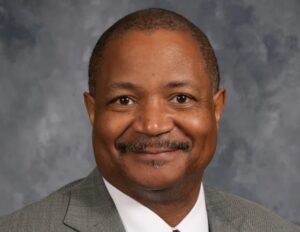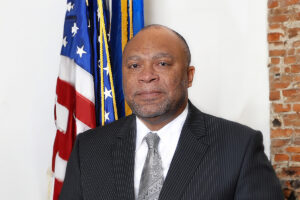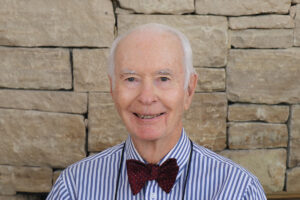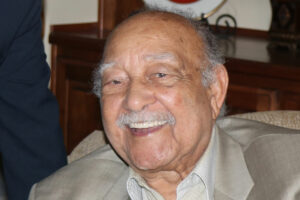Interview of Frank Henderson, May 21, 2025
Interviewed by Mark Tallman
At the time when a group of high school students discovered that Fred Seaman, the namesake of Unified School District 345 was the Exalted Cyclops of the Ku Klux Klan in the 1920's, Frank Henderson was President of the Seaman School Board. In this oral history interview, he describes the process the board went through to investigate and analyze the students' recommendations to change the district name. At the end of the process, the name remained, but Fred Seaman's photo and memorabilia were removed from the school buildings and placed in the museum. He said the outcome didn't Show Moresatisfy anyone but it was unanimous. Henderson described many challenging situations at the local, state and national levels as he served on various state and national boards of education. Henderson's observations highlights major issues in education that affected school boards and local communities. The interview reflects Henderson's view that "Every Student Matters." He believes, "we, as fellow humans, have the responsibility to see the value in every person and do what we can to ...help that person fulfill their potential." Show Less




